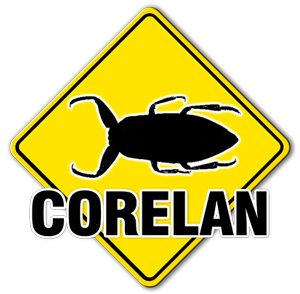 Mona 1.0 released !
Mona 1.0 released !
FINALLY !
After spending almost 6 months of designing, developing and testing, and after ‘surviving’ 2 presentations (at AthCon and Hack In Paris), I am extremely excited and proud to present, on behalf of the entire Corelan Team, the general availability of mona.py.
With this announcement, we also declare pvefindaddr officially dead from this point forward. (This doesn’t mean pvefindaddr is now entirely worthless, because not all functions have been ported into mona yet, but we won’t be releasing any updates to pvefindaddr anymore and the entire project page/download page will eventually disappear)
Continue reading
 Exploit writing tutorial part 3b : SEH Based Exploits – just another example
Exploit writing tutorial part 3b : SEH Based Exploits – just another example
In the previous tutorial post, I have explained the basics of SEH based exploits. I have mentioned that in the most simple case of an SEH based exploit, the payload is structured like this : [Junk][next SEH][SEH][Shellcode] I have indicated that SEH needs to be overwritten by a pointer to “pop pop ret” and that […]

